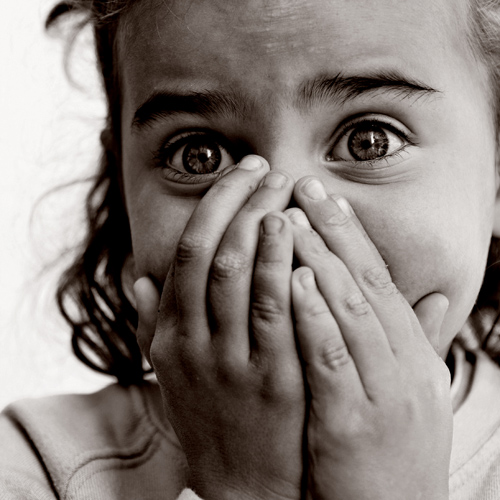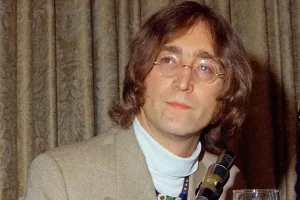If you feel overwhelmed or anxious, experts say that recovering from an excessive drinking can result in panic attacks.
According to addiction specialist Dr. Niall Campbell, who works at Priory’s Roehampton Hospital in south-west London, it is extremely prevalent among patients.
After drinking alcohol, many people experience feelings of increased anxiety.It occurs frequently to me.Additionally, they might have their first panic attacks.Extreme anxiety and agitation are two common symptoms of a hangover.As a result, some people may develop panic disorder or experience recurrent attacks.Due to alcohol’s short half-life during detox, you may experience alcohol withdrawal syndrome, which includes high blood pressure, dehydration, intense anxiety, tremors, and nausea.
When a heavy drinker abruptly stops drinking or significantly reduces their consumption, alcohol withdrawal syndrome (AWS) occurs.
The NHS defines binge drinking as “drinking to get drunk” or “drinking heavily over a short period of time.”More than eight units of alcohol in a single session for men and more than six units in a single session for women are the precise definitions.This is equivalent to three pints of standard beer for women and four pints for men.
A unit is about half a pint of regular beer, lager, or cider, or one small shot of spirits (25 milliliters), and men and women should consume no more than 14 units per week (1.5 units are in a small glass of wine).
“Sleep deprivation caused by heavy drinking will also make you more anxious,” says Dr. Campbell.”I see a lot of patients who are anxious.To “relieve” the negative effects of drinking, some people will try to drink more, which can lead to more panic attacks and even seizures.

“If it has reached the point where you are experiencing these symptoms, you need to take stock of your drinking habits and seriously consider why you are drinking, how much you are drinking, and whether you should cut back or give up, particularly in the lead up to festive occasions such as Christmas. If this is the case, you should cut back or give up.This is something you should do especially before these events.You should either reduce your intake or give up if this is the case.You must consider ways to stop drinking excessively in the future.As a result, you should absolutely reconsider your drinking habits.The Princess of Wales recently stated that addiction is a serious mental health condition that affects everyone.
Dr. Campbell goes on to say that people who drink heavily and occasionally are finding additional opportunities to continue this behavior without going into the workplace or to face-to-face gatherings, which increases the risk of very high unease.Young adults’ emotional health is put under a lot of stress when they are cut off from work and may have to live with their parents.Depression and anxiety are rising among people over the age of 20, which frequently leads to unhealthy and addictive alcohol behaviors.
People have found it difficult to suddenly spend a lot of time at home, which has had a big effect on their relationships.The best method of communication is still face-to-face interaction.Particularly in a little house with restricted outside space, rolling out huge improvements like working alone at home, investing a great deal of energy with family, and beginning “wine o’clock” prior and prior in the early evening are exceptionally significant.






